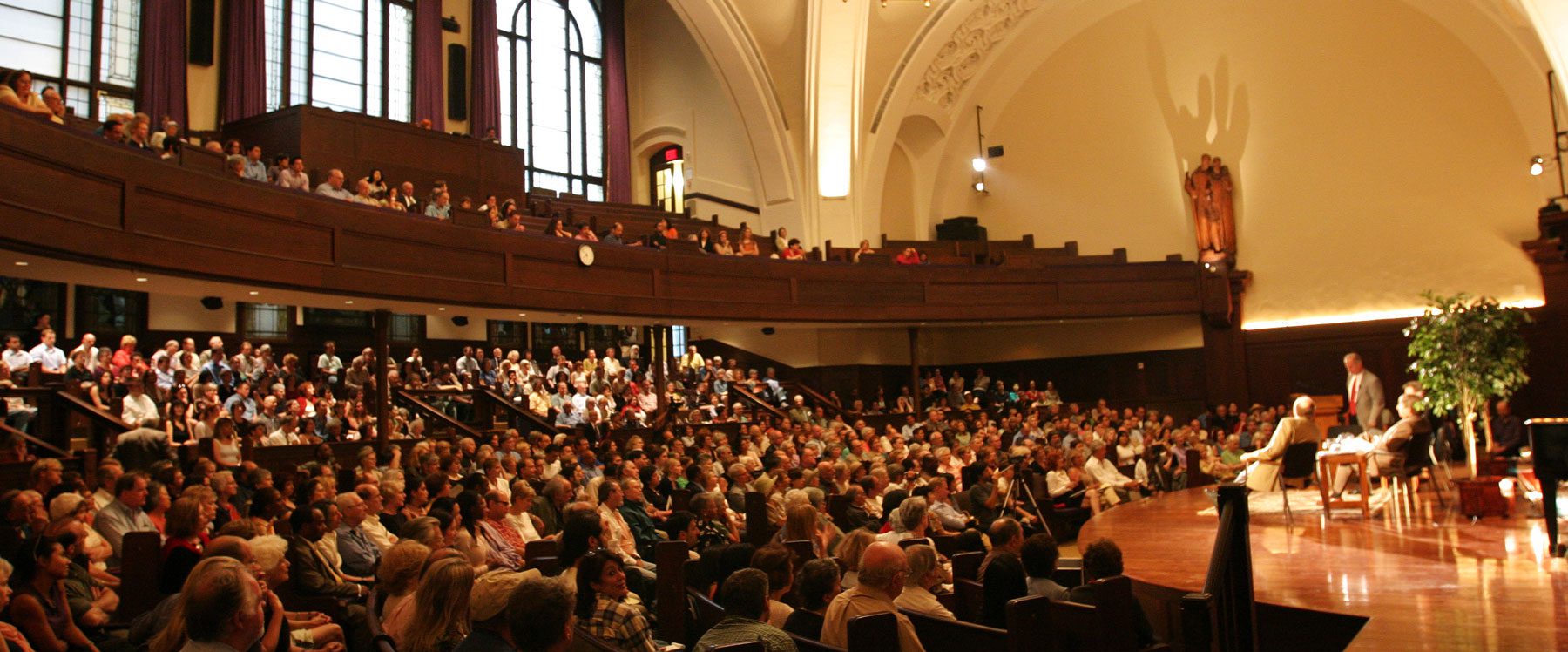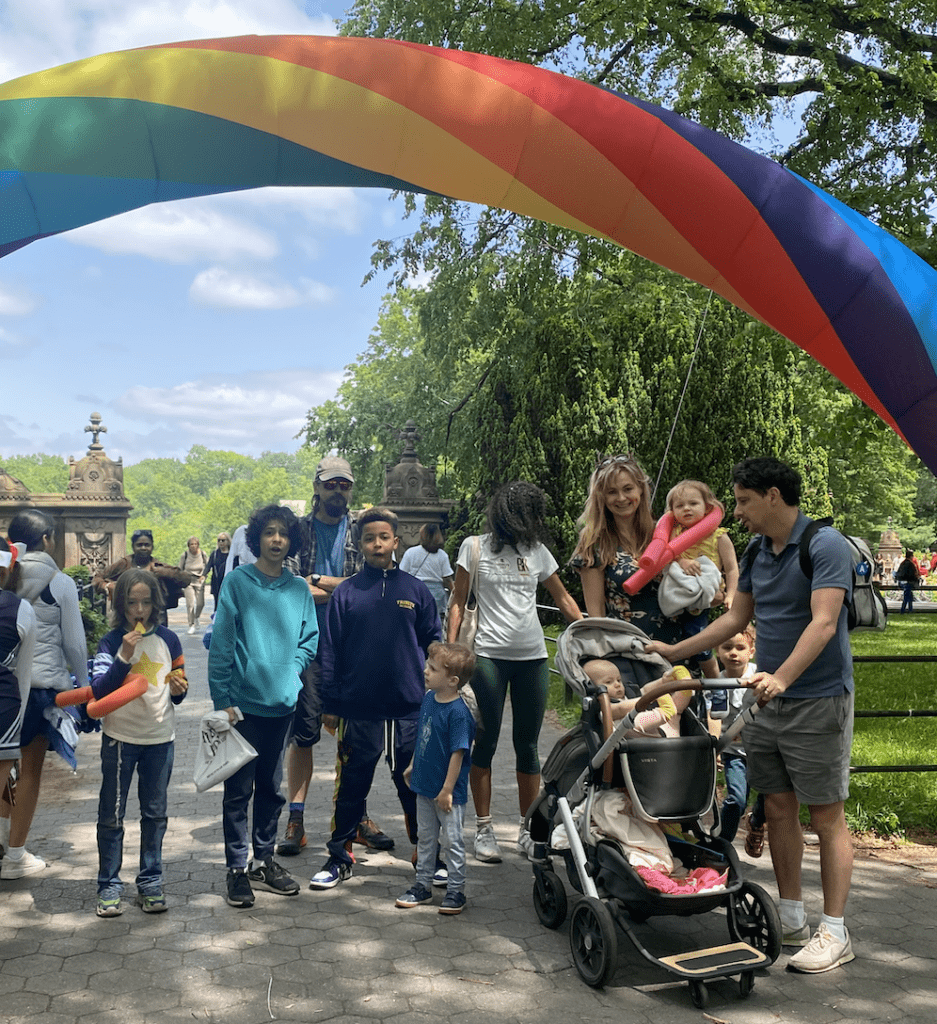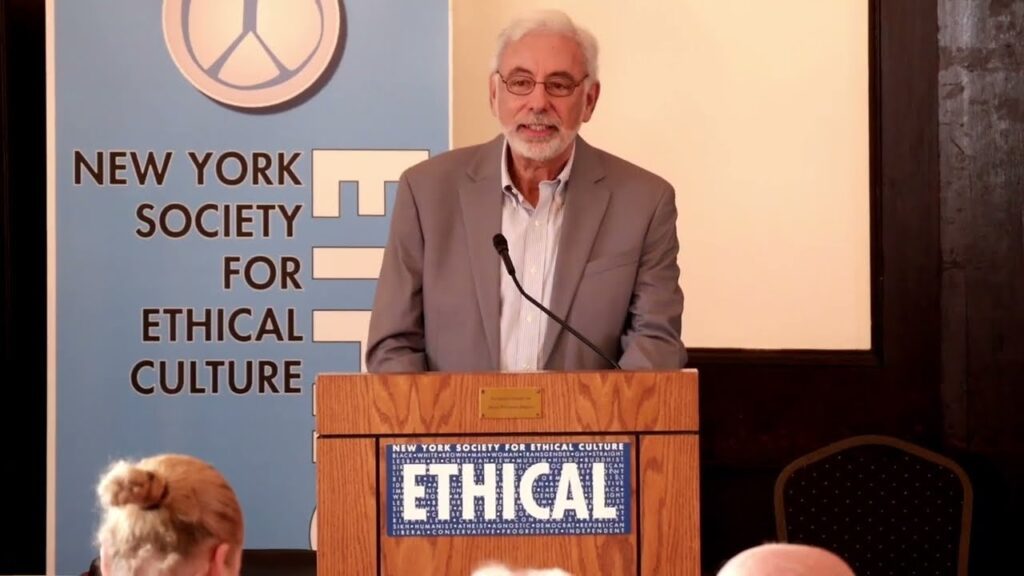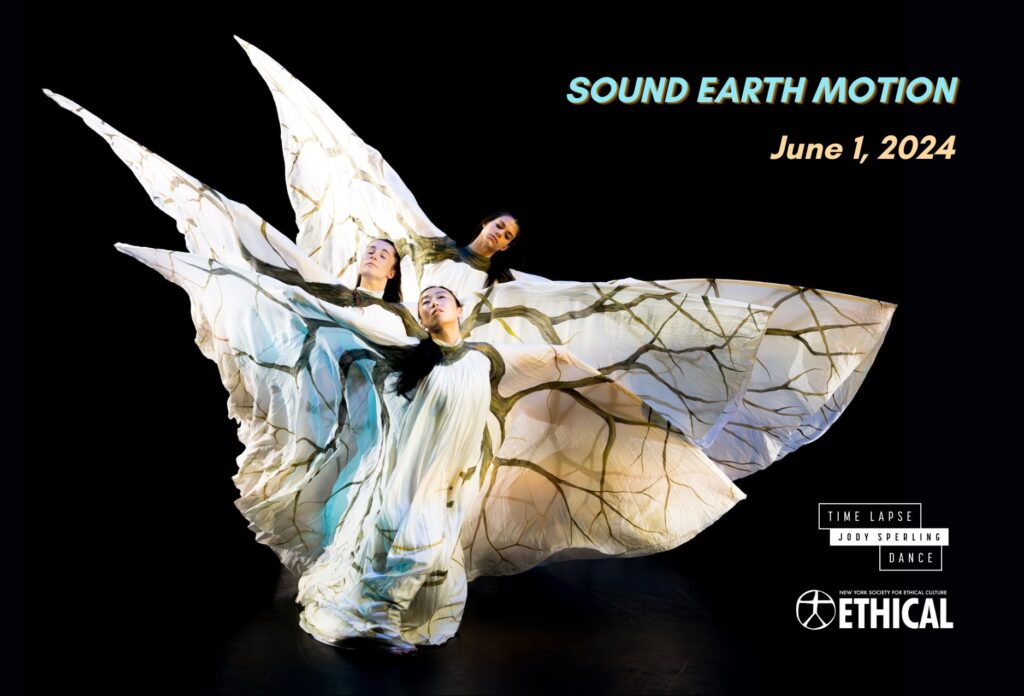
At the last meeting of the United Campus Ministry on the Columbia University campus, it was my turn to give a presentation on Ethical Humanism. I decided to show NYSEC’s building centennial documentary, “The Meeting House.” My clergy colleagues were very impressed with our social justice history, but bewildered about our “beliefs.”
“How can you be moral and not believe in the revealed truth of a deity?” they asked. “Who or what do you worship? How can you have hope if you don’t believe in an afterlife? What do you teach about the beginning and end of days?”
I explained that, as a non-theistic religion of ethics, we neither affirm nor deny the existence of God and have more in common with the eastern religions of Buddhism, Taoism and Confucianism, which are as much philosophies of life as they are religions, than with dualistic (mind-body split) western faith. Ours is a practical religion devoted to ethical living, without imposing a dogma about the supernatural or ritual obligations. It is a faith based on respect for the worth and dignity of human life. Words like “spiritual” and “sacred,” when they are used, denote a reverence for life, a transcending moral principle, or the act of creating meaning and purpose in our lives.
Time flew by as we shared our differences and sought to better understand one another. I grew to appreciate these new colleagues and looked forward to our retreat in January on “Religion and Science,” a topic with which I felt I would have less difficulty than some of them. It was, however, after the formal meeting that I had the most meaningful conversation of the day. A minister asked to speak with me about his struggle with belief.
Daniel Dennett, Professor of Philosophy and Co-Director of the Center for Cognitive Studies at Tufts University, co-authored a study earlier this year called “Preachers Who Are Not Believers.” It caused quite a stir. More people condemned the pastors whose stories he told as “hypocrites in the pulpit” than empathized with their spiritual dilemma. Dennett, a well-known atheist, identified them as “good people who find themselves caught in a trap that only someone intent on good could fall into.” One of his “brave informants” had already contacted me in my role as Co-Dean of the Humanist Institute to inquire about training in religious humanism.
I told my colleague the story about the student who stormed into the university chaplain’s office to declare, “I want you to know that I don’t believe in God!” She offered him a seat and an invitation: “Tell me about the God you don’t believe in. Chances are I don’t either.” There is a spectrum of conceptions of God from anthropomorphism at one extreme to abstract “ground of all being” or even “no being at all” on the other. And there is no agreement on where to draw a line on belief. Many people are content to ignore the question altogether, but some clergy feel that they are no longer “believers” and that revealing that secret would have dire consequences.
“What would you do,” he asked, “if you found out that there really is a supernatural god?” I thought for a moment because it really would take considerable imagination for me. Then I answered, “Ethics really is enough for me. I don’t need anything outside of nature to reveal itself to me. I might think it was interesting, but I would also wonder what it had to do with goodness.”
Ethical Culture Leader Edward Ericson wrote, “It is the sufficiency of ethics-being-lived as the foundation of an enriching moral and spiritual development that leads [us] to stress its religious quality and potential. . . Humanism’s starting point is ethics, not speculative theology.”
Gods have come and gone throughout human history. Belief and disbelief in them continue to be rewarded and punished. Much is at stake for those clergy who doubt the dogma with which they have been entrusted. I hope they find peace, and I hope they find me a caring listener. Perhaps one day more of them will spell god as we do – with two o’s.







